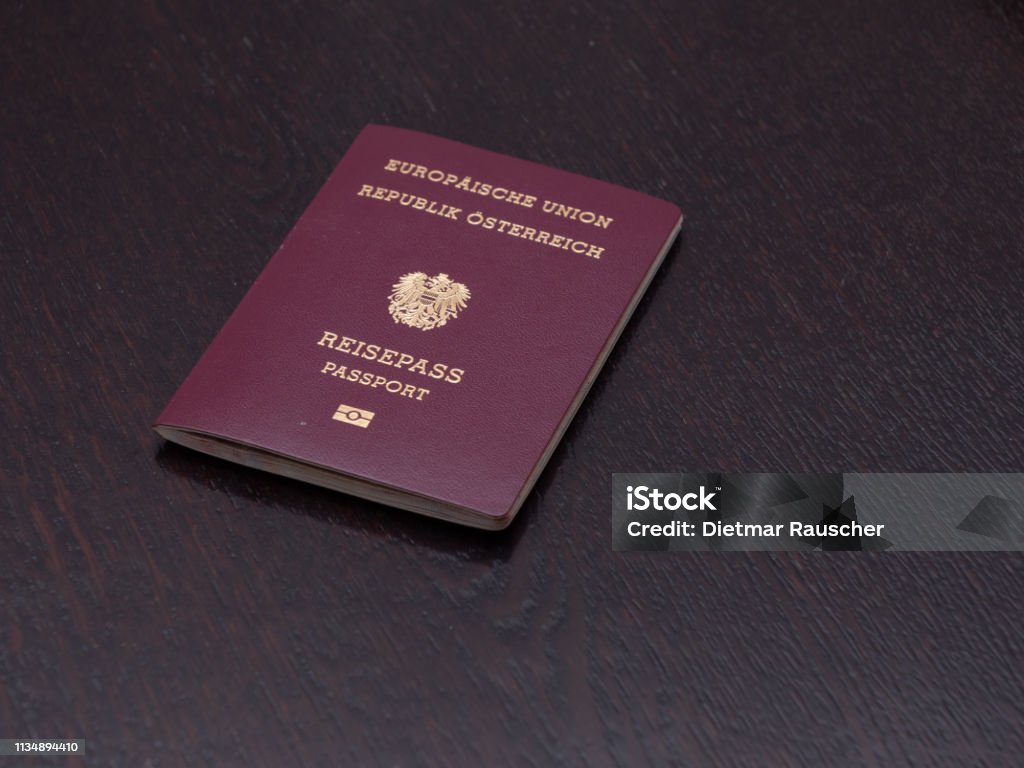Landlocked nation of Austria in Central Europe is well-known for its strong economy, good quality of life, and breathtaking scenery. Obtaining Austrian citizenship brings several advantages, including the ability to live and work anywhere in the European Union. Naturalization is among the most often used paths for immigrants to become Austrian citizens. Long-term residents who fit certain legal requirements and have blended into Austrian society may use this method.

What is naturalization
The official procedure by which a foreign national gains citizenship of Austria is naturalization. Usually including numerous criteria, like a minimum time of legal residency, evidence of financial stability, and a clean criminal record, it is not automatic. The procedure guarantees that candidates are ready to assume citizenship’s obligations and are completely engaged into Austrian society.
Convention guidelines for naturalization
Generally speaking, candidates must satisfy the following requirements to be eligible for Austrian citizenship via naturalization:
Minimum residency
Before applying, the candidate had to have lawfully resided in Austria for at least ten years, with at least five years of continuous residency immediately before. This criterion may sometimes be waived (explained below in certain specific circumstances).
German speaking competency
Usually at the B1 level according on the Common European Framework of Reference for Languages (CEFR), candidates must show sufficient mastery of the German language. This covers comprehension of German, reading, writing, and speaking.
Civic knowledge and integration
Candidates must show their awareness of the democratic system, Austrian history, and regional culture of Austria. An integration test with questions about rights, obligations, and Austrian government helps to evaluate this.
Financial stability
Candidates must be financially self-sufficient and prove they can sustain themselves free from welfare help. Usually, this entails presenting work contracts, income statements, or evidence of savings.
Excellent character and spotless criminal record
One must have a clean criminal background absolutely. The candidate has to show excellent behavior throughout while their time in Austria and avoid any major transgressions.
Renunciation of former citizenship
Usually Austria does not award dual citizenship, hence most candidates have to give up their former country before they may be given Austrian citizenship. Still, uncommon events might call for exclusions.
Accelerated naturalizing options
Sometimes the usual 10-year residency rule might be waived. Among them are:
Six Years: For candidates who show extraordinary integration—that is, those with a B2 level of German or noteworthy volunteer work.
Six Years: For acknowledged refugees or individuals who have made exceptional achievements to Austria in sports, scientific, cultural, or economic spheres.
Five years: For EU/EEA residents, if they satisfy other integration criteria.
Marriage to an Austrian citizen: The applicant can be eligible for naturalization if they have lived in Austria for the last six years and been married to an Austrian for at least five years.
Application process
Usually local authorities, such the Magistrat or Bezirkshauptmannschaft in the applicant’s area, oversee the naturalizing procedure. The overall procedures consist in:
Documental preparation
Candidates have to compile personal records like birth certificates, passports, proof of income, residence permits, language certifications, police clearance certificates.
Submission of applications
Often with a processing fee, the application is sent to the relevant regional body.
Interviews and exams
Interviews and examinations for the integration and German language might also be demanded of the candidate.
Review and decision
The process of evaluation could last from months to a year. Should accepted, the candidate gets an invitation to swear allegiance.
Advantages of Austrian citizenship
Once naturalized, a person obtains full Austrian citizen rights including:
- Voting rights and public office running rights
- Visa-free/visa-on-arrival to more to over 180 countries
- Movement and employment freedom all throughout the European Union
- Public education, medical treatment, and welfare programs
- The capacity to transmit citizenship on to next generations
Challenges and considerations
With several procedures needing legal accuracy and good paperwork, the Austrian naturalization process is well known to be rigorous and time-consuming. Many have great difficulty renouncing previous citizenship as Austria’s policy on dual nationality is somewhat restricted. To guarantee all criteria are satisfied appropriately and swiftly, candidates should consult local immigration professionals or organizations for legal counsel or help.
You may also find these articles helpful
Frequently Asked Questions on Austria
Understanding the impact of criminal records on immigration to Austria
Assessing social benefits and welfare as an immigrant in Austria
